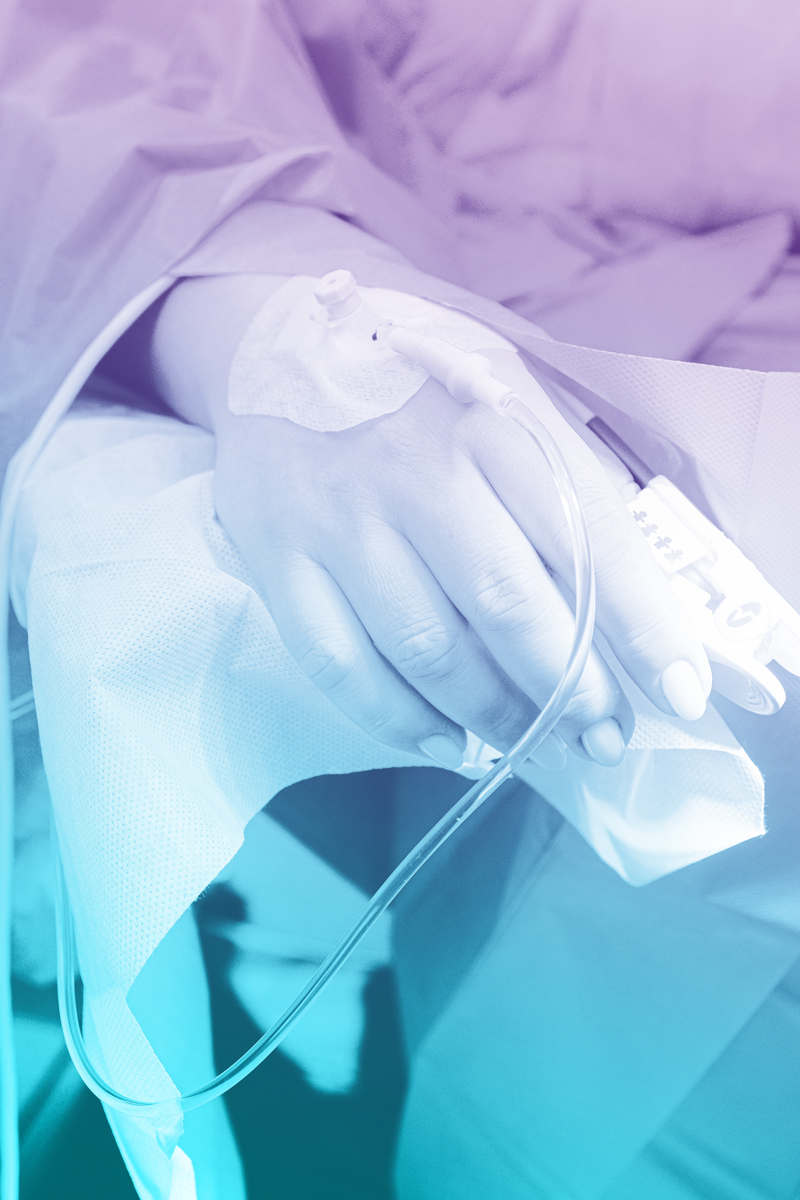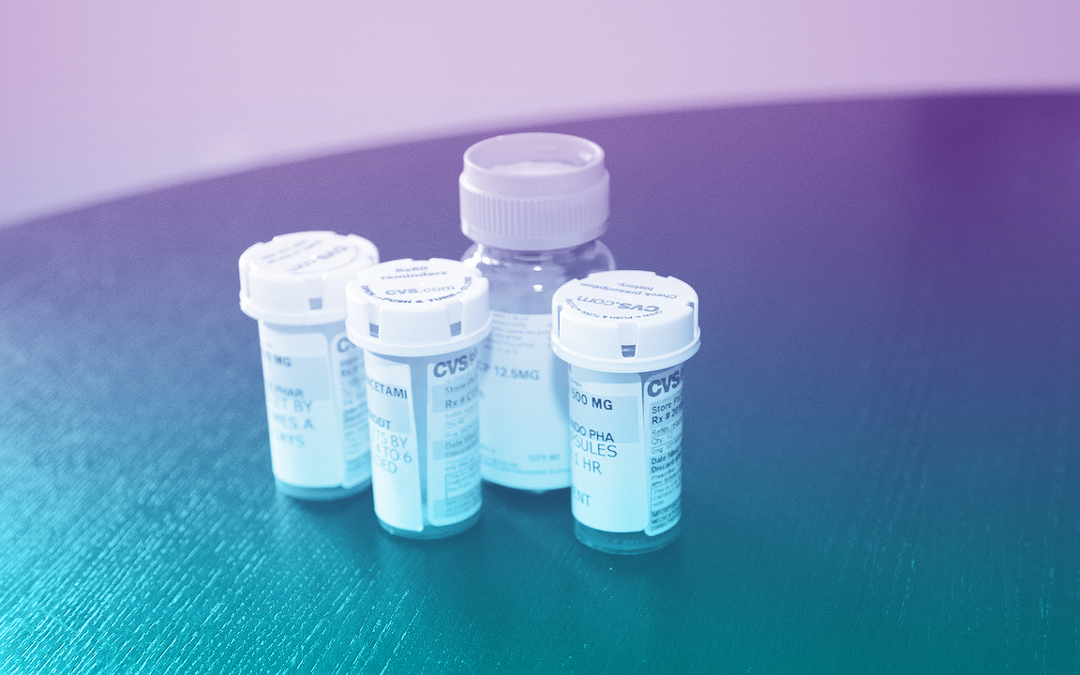Surgery & Pain Meds
Each year, many Americans require surgery that requires a degree of pain management post-surgery. With the ongoing news of the growing opioid epidemic and addiction in general in this country, many are afraid they may become addicted to the pain medications they are given post-surgery. There are also a number of people in recovery, often from opioids, who require major surgery. These people are extremely afraid the addiction will return if they are prescribed opioids post-surgery.
There is good reason to fear taking opioids. These drugs are some of the most addictive on the planet. Opioids were introduced in the 1990’s as a terrific way to treat pain without the risk of becoming addicted to them. This turned out to be patently false and the lawsuits filed and won against those responsible for this treacherous act have been many. But no amount of money can replace the loved ones lost to opioid addiction.

We have seen hundreds if not thousands of opioid addiction cases, young and old. We have seen older people with no history of addiction in their families and no personal history of drug abuse become addicted to opioids post-surgery. We have seen young people 15 or 16 years of age at the time of their surgery be prescribed opioids and become full-fledged addicts within a year or two. They often come to us in their early 20’s. Once promising lives completely decimated by opioid addiction. A number of these people have relapsed and died. It is tragic.
While the detrimental impact of opioids on the suffering addicts mind is immense, the physical withdrawal symptoms of coming off of these drugs in the absence of medical detox is often described as hell on earth. The person becomes unbelievably anxious and irritable. There is uncontrollable restlessness. The suffering person sweats profusely. They cannot sleep and their muscles ache deeply. There is constant abdominal cramping, nausea, diarrhea, and vomiting while their heartbeat and blood pressure often reach pre-stroke levels.
That said, there are situations where pain medications cannot be avoided. The pain, in the absence of medicine, is simply too great for people to manage. Untreated pain can result in a whole raft of additional problems including immunological and neural changes. We recommend any person prescribed pain medication post-surgery tell their significant other, family member, or trusted friend what they are going through. We ask them to ask the person to help them manage their prescription and to help them only take the medication as prescribed. It might not be a bad idea to actually give the pill bottle to the trusted person to manage and only dispense when the time comes for the next dose.
For those in recovery from opioid addiction or substances in general, including alcohol, we highly recommend that all non-opioid options be sought. It is our belief that only as an absolute last resort should recovering addicts be given opioids or any other mood-altering drugs to treat their pain. If all other options have been exhausted and there is no alternative, the person’s use must be monitored closely. The person should be in constant contact with their physicians office in addition to their recovery support system. We strongly recommend that the pill bottle is in the hands of someone else to help remove any temptation and to ensure the prescription directions are followed precisely at all times. For the person in recovery, if at all possible, we recommend that they “double down” with their recovery efforts throughout the course of their opioid treatment. We also recommend that, with approval from their physician, the moment they can tolerate the pain that they cease consumption of the medication immediately.


